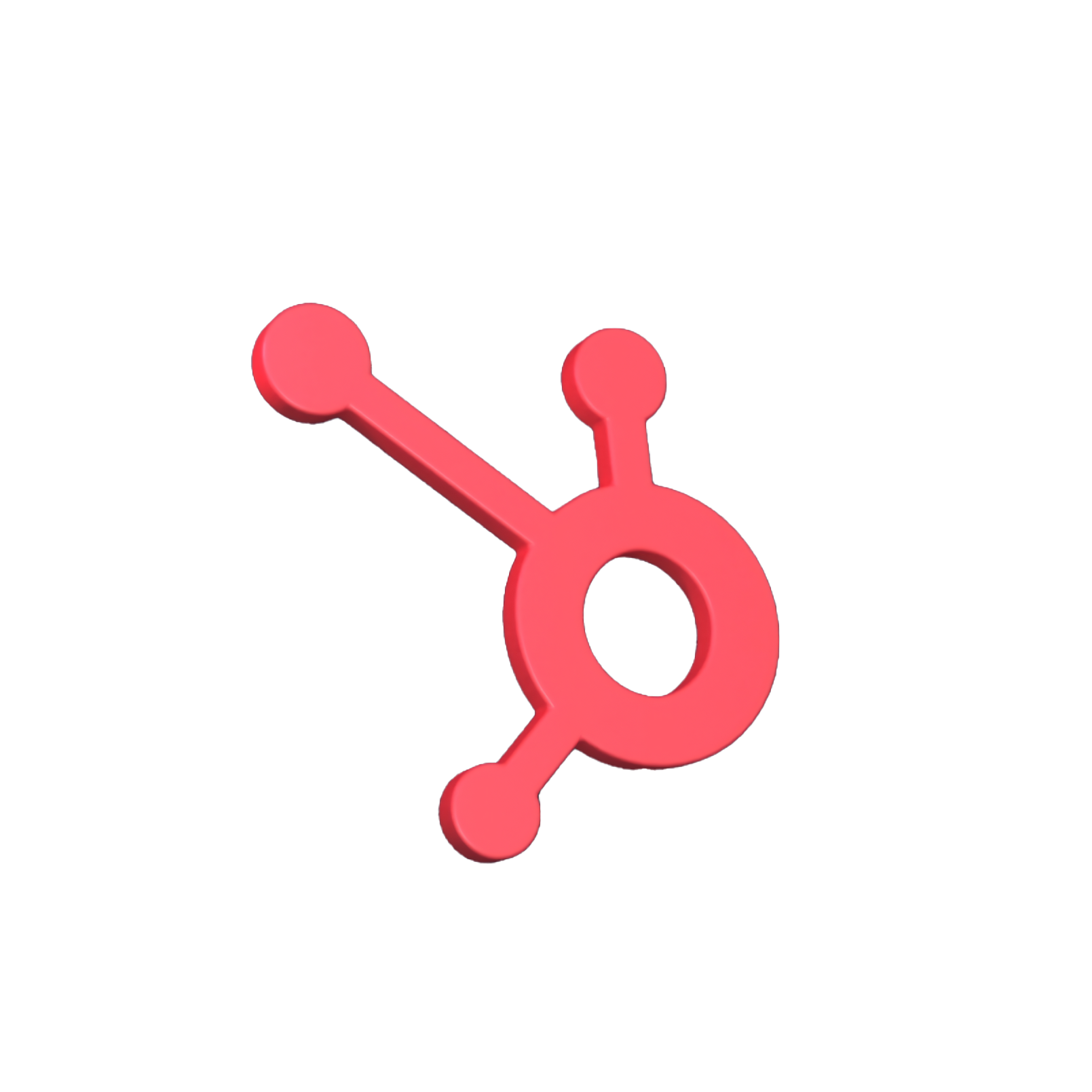In this blog post, we unpack why so many CRM implementations fail. We then show how you successfully implement your CRM by adopting a three-stage approach that accounts for people, process and technology.
Businesses face the eternal challenge of finding, attracting, winning, and retaining customers — and while today’s CRM systems promise to solve these problems, many companies make the mistake of rushing to implement the technology.
As a result, one-third of all CRM projects fail. Many of these CRM shortfalls have a clear cause: companies only focus on the technology aspect of them and forget to improve their businesses.
The fact is that CRMs can only deliver on their promise if they’re introduced within a three-stage paradigm that values people, processes, and technology.
People power — why team buy-in is critical to CRM success
All CRM strategies need people to power them. That’s why onboarding your teams is critical to your CRM success. An important foundational step to CRM adoption is to shift your organisational mindset. Your team should view your CRM less as a transformational software solution and more as a business tool that they use to drive business success.
Companies that can get their people to buy into their CRM of choice benefit from smooth tech integration. You can read more about securing CRM stakeholder buy-in here. Also, if you get your team on board then you’ll have that rarest of things — your team will be excited to use your new CRM.
Many CRM systems like HubSpot are built to empower their users. Its intuitive and flexible design makes it easy to adopt. And HubSpot’s people-centric CRM adopts a non-disruptive Inbound approach that tries to add value by providing high-quality, personalised and relevant information. This appeals to the other people who power your business: your customers.
It’s a process — leveraging your CRM to improve your business processes
So, you’ve gotten everyone in your organisation to join Team CRM. Now you need to leverage your CRM functions to refine your business processes and improve customer interactions. Advantages to having a powerful CRM include being able to better store, access and analyze customer and business data, as well as build automated processes that improve performance across departments.
Let’s look at how CRM can improve the processes for the following two departments:
Finance — Give your finance team the tools to easily pull real-time revenue projects and deal forecasts, leading to accurate financial decision-making using real-time data. If the company expenses are logged into your CRM, your finance team will enjoy a direct view of how your money is spent and whether it's to the company’s benefit.
Human Resources — Imagine that you’re in HR and you’ve been monitoring the performance of an employee called Well-Liked Wesley. As his name suggests, Wesley is well-liked by his peers, so he gets glowing performance reviews. In reality, Wesley’s work has been declining for months.
With a CRM, you can monitor Wesley’s pipeline and track his performance, giving you an uncompromised view of the value he adds to the company. With this information, your HR team can discover Wesley’s negligence as it happens, instead of after the fact and many missed sales later.
With better processes, you can do more in a shorter period, leading to increased sales and business growth. Using your CRM to improve your processes can require iteration, so it should be guided by long-term goals, like aiming to increase the return rate of customers by a certain percentage. For an overview of implementing a CRM for your business, read our article on the phases of Enterprise CRM roll-out.
Not all CRMs are created equal — why your CRM technology still matters
While CRMs can do a lot for your business, they aren’t all created equal. Think of it this way; the better tech your CRM has, the more you can do with it — and the more processes you can improve. Similarly, the better your CRM is designed, the easier it will be for your teams to accept and adopt it.
Choosing your CRM is a significant decision. At Huble Digital, we’ve spent years studying how you can get maximum value from different CRM systems. Due to its ‘people, process and tech power,’ we recommend that you choose HubSpot as your CRM.
With HubSpot, you’ll benefit from:
-
A fully integrated CRM that houses all your data and that your whole team can use
-
An intuitive user interface that’s easy to master — say goodbye to using lots of different tools in multiple opened windows
-
A unified code base, making it easy to adopt new tools
For more insights on why we can so confidently recommend HubSpot, read our article on how HubSpot is beating out its competitors.
The next step in your CRM journey
Many CRM projects fail because companies only see CRMs as a technological solution. Conversely, organisational leaders can find CRM success by adopting a three-stage approach to CRM implementation that equally values people, process and technology.
In this article, we’ve looked at what you can do to maximise your CRM success. For your next step in your CRM journey, read our free eBook on making integrated CRM decisions. In it, we show you how you can use CRM to unlock your company’s true potential.











-3.png?width=500&height=320&name=Matt%20-%20imagery%20bank%20(8)-3.png)
